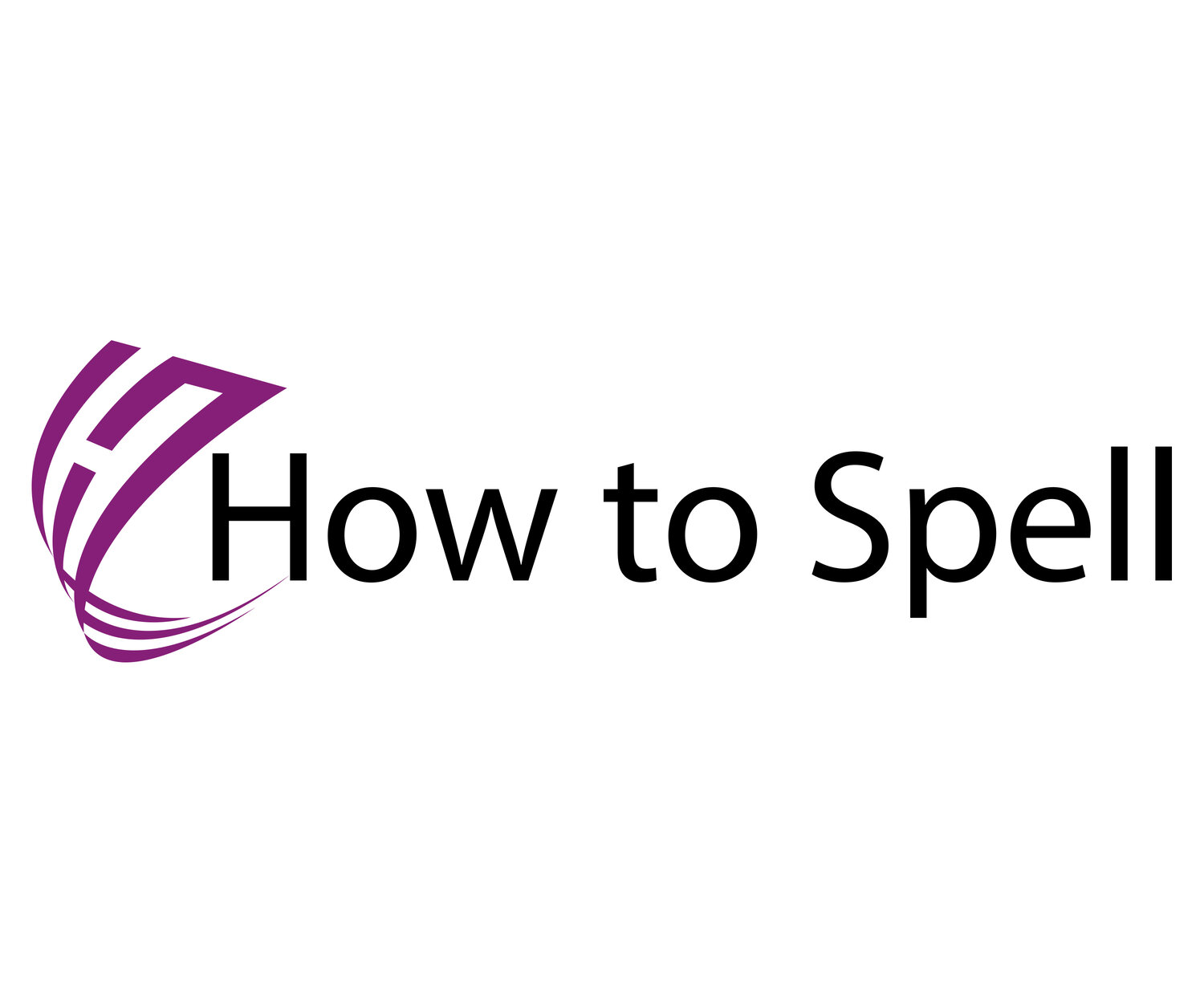Adding -s or -es to words ending in -o
Knowing when to add -s or -es to words ending in o is a bit tricky. But there are a few ways (rules!) to know which one to add. With some words, we can even have both endings.
a. If a word ends in a vowel a, e, i, o, u + O then we add -s: radio — radios, stereo — stereos, tattoo — tattoos. This is a good rule because we don't want 3 vowels in a row if we add -es!!! (studioes, zooes, tattooes x)
b. If a word ends in consonant + O then it gets tricky: kilo — kilos, zero — zeros, piano — pianos, photo — photos
but hero — heroes, potato — potatoes, echo — echoes, mosquito — mosquitoes, tomato — tomatoes. No rules for this but check below for possible ways to remember.
Some ways (rules!) to remember:
1. We add -s to some new words to English: photos, radios, stereos, videos, audios
2. We add -s to short forms/abbreviations: photographs — photos, kilos, autos, logos, typos, memos, egos, hippos, pros
3. We add -s to words from other languages, especially from Italian and Spanish: tacos, sombreros, stilettos, avocados, tornados, expressos, infernos, casinos.
4. We add -s to musical terms and instruments: pianos, solos, concertos, sopranos, cellos, altos, banjos
5. Remember we add -s to words ending in a vowel + o: tattoos, zoos, cuckoos, radios, studios, patios, ratios, scenarios, stereos, cameos.
We have some words ending in O that can be spelled with either -s or -es. Notice they all have a consonant + o.
cargo — cargos / cargoes
mango — mangos / mangoes
motto — mottos / mottoes
memento — mementos / mementoes
mosquito — mosquitos / mosquitoes
volcano — volcanos / volcanoes
buffalo — buffalos / buffaloes
tornado — tornados / tornadoes
flamingo — flamingos / flamingoes
fresco — frescos / frescoes
ghetto — ghettos / ghettoes
halo — halos / haloes
zero — zeros or zeroes ( some dictionaries allow -es spelling!!)
Some dictionaries have both spellings while some choose to stick to one spelling. Using online dictionaries is a great strategy. Look in the Oxford Dictionary or Cambridge Dictionary
Add -es to go and do to make these into third person verbs: third person is he/she/it
I go — she goes / he goes / it goes / does she?/ s/he/it doesn’t
I do — he does / she does / it does / does it? /s/he/it doesn’t
Why?
If we didn't add e to goes it would be gos and sound like gos. The e makes the 'o' a long sound.
Without the e in does, it makes dos. But the 'e' doesn't make the o a long sound or it would be like the young deer does “doze”.
For more information about plural spelling rules click here for the 7 Plural Spelling Rules lesson.
For a more in-depth look at these rules then check out my Spelling Rules Course, or Spelling Rules Workbook
Do the exercise below.
